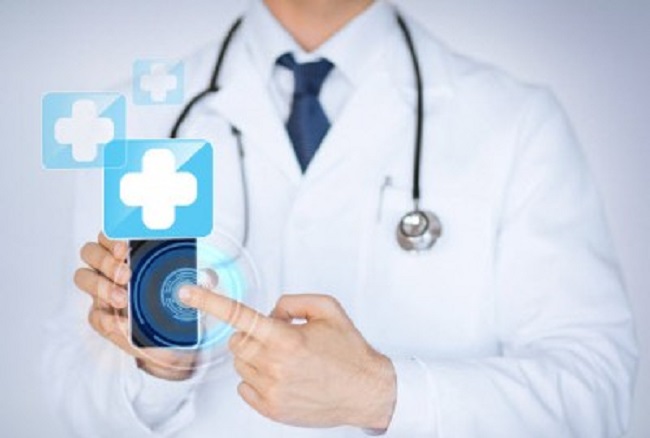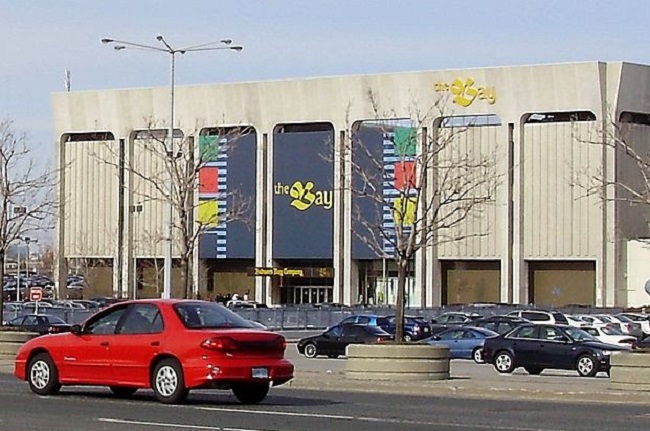A new mobile app is using location based tech to make sure that the ill can find the medical services they need.
Geolocation technology has been shown to be successful for use in mobile marketing and in specific programs such as ride sharing services, but this tech is now also branching out into health care as a location based app makes it possible for patients to use their smartphones to arrange for house calls from a physician.
The smartphone service, called Pager, is currently available only to patients living in Brooklyn and Manhattan.
The intention of the service is to start spreading outward into other cities by 2015. This geolocation technology based app has only just launched in May, but is becoming quite popular among mobile device users. The tech behind the application was designed by Oscar Salazar, the co-founder of Pager, who had also previously been an engineer on the team that was behind the creation of the on demand ride share technology that is now used by Uber.
Salazar used his knowledge of geolocation technology to come up with a new service along with two other entrepreneurs.
 Together, the group of three people managed to raise $3.5 million in investment capital in order to create and launch the Pager mobile app. The marketing director at Pager explained that “We do share some of that [Uber] DNA.” He also added that through the use of this service, “Our doctors come to you. It’s on demand.”
Together, the group of three people managed to raise $3.5 million in investment capital in order to create and launch the Pager mobile app. The marketing director at Pager explained that “We do share some of that [Uber] DNA.” He also added that through the use of this service, “Our doctors come to you. It’s on demand.”
This startup has joined a rapidly growing health care trend that has seen patients looking to try to step away from the experience of primary care clinics and hospitals, in order to receive “convenience care.” That sector involves a number of different types of service, including urgent care clinic based episodic treatments. However, many people are also starting to see the opportunity presented by care offered in a person’s own home through the use of video conferencing, email, remote health monitoring, and – through this service – actual house calls.
Patients and insurance companies, alike, have been working hard to steer health care out of emergency rooms, where the highest treatment costs are generated. With geolocation technology, this is becoming possible, even without having to call ahead to schedule appointments or sit around for ages in a waiting room.
The iconic Canadian department store retailer is testing out a new way to reach its customers via smartphone.
Hudson’s Bay Company is now testing out a new mobile marketing program that is designed to give shoppers who are in the retail store locations to be able to receive messages in real time in order to enhance their overall shopping experience.
The retailer has announced that it is working with Swirl in implementing the technology for this program.
The company will be using geolocation technology at its five largest By and Lord & Taylor store locations in the United States and Canada in order to use this new mobile marketing program. This location based advertising technique will send consumers smartphone alerts when they walk into the participating stores. The use of this tech is a tremendous leap forward for Hudson’s Bay, which has had a noticeably lacking strategy in terms of general e-commerce.
Swirl uses beacons for its mobile marketing technology, to transmit popup messages via smartphones.
The beacons communicate with the smartphones by way of Bluetooth, detecting that the phone has entered into a certain location and then sending out the appropriate location based marketing message or alert.
For instance, a customer in the store who was close to the display for purses may receive a message to inform them about the Michael Kors products that have just been added to the shelves. At the brand’s flagship store in Toronto, Canada, the entire home wares floor has been completely remodeled and shoppers entering the building are encouraged to check it out.
Beacons may also be able to identify people who have never entered the store, offering them a complementary cup of coffee to enhance their overall experience and encourage them to return for another visit.
According to the executive vice president and chief marketing officer for Hudson’s Bay Company, who spoke about this geolocation technology based mobile marketing pilot, “The amount of mobile usage that our customers are engaging in has grown dramatically.” He also added that “As a retailer, if you’re not thinking about the impacts of mobile on your retail marketing, you’re really missing the boat. We saw this trend, we’ve watched the data, and we’ve been looking for ways that we can enhance the store experience through mobile.”
 Together, the group of three people managed to raise $3.5 million in investment capital in order to create and launch the Pager mobile app. The marketing director at Pager explained that “We do share some of that [Uber] DNA.” He also added that through the use of this service, “Our doctors come to you. It’s on demand.”
Together, the group of three people managed to raise $3.5 million in investment capital in order to create and launch the Pager mobile app. The marketing director at Pager explained that “We do share some of that [Uber] DNA.” He also added that through the use of this service, “Our doctors come to you. It’s on demand.”

